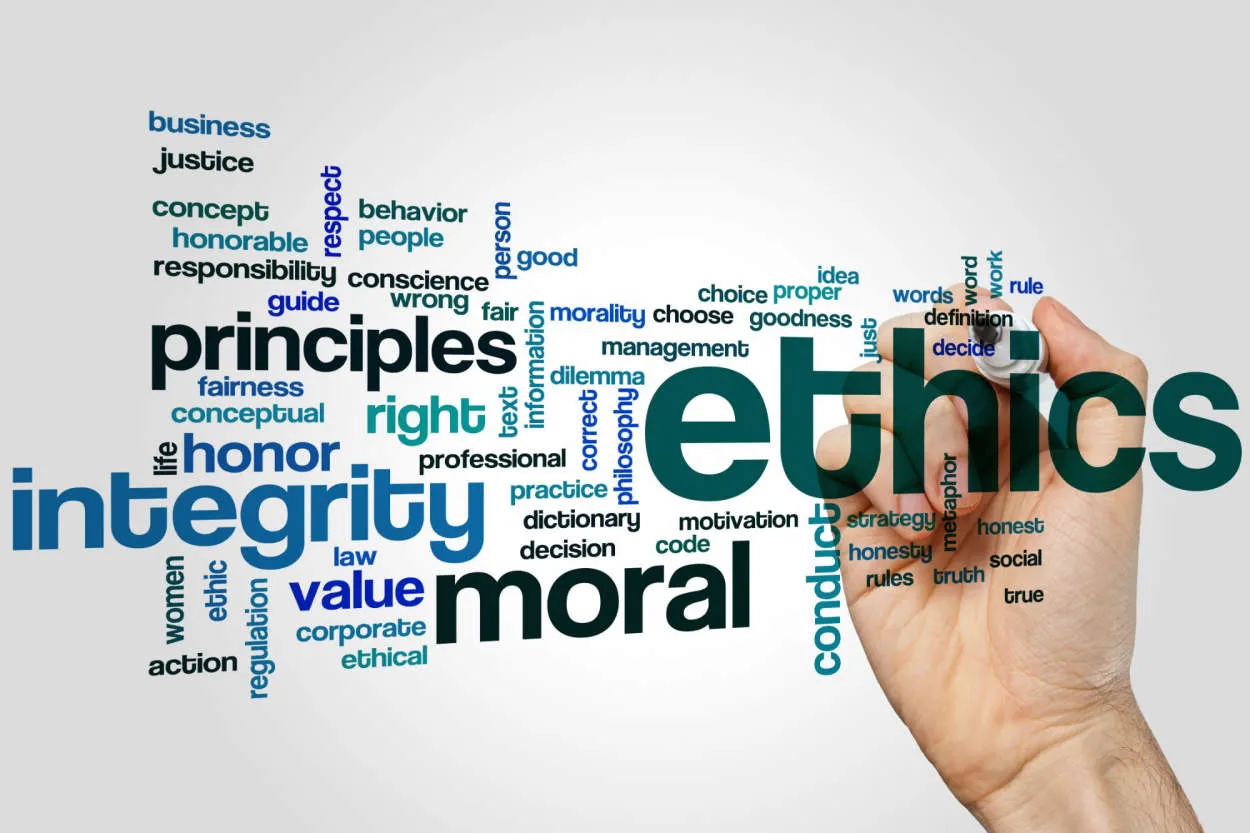The role of ethics in business leadership is vital in ensuring the long-term success and sustainability of an organization. Ethical leaders prioritize integrity, transparency, and responsibility, setting the tone for ethical behavior throughout the company. By promoting ethical practices, leaders can build trust, enhance reputation, and create a positive work culture.
Understanding the Importance of Ethical Leadership
In the realm of business leadership, ethics play a crucial role in creating a positive and sustainable environment. Ethical leadership is not just about following rules and regulations; it goes beyond that. It involves making decisions based on moral principles and values.
One key aspect of ethical leadership is fostering a culture of integrity within an organization. This means ensuring that employees and stakeholders adhere to a set of ethical standards that guide their actions and decisions. In an ethical environment, trust is built, and the organization gains a reputation for being dependable and responsible.
Another important component of ethical leadership is the ability to make fair and just decisions. Leaders must consider the interests of all stakeholders, including employees, customers, shareholders, and the wider community. By prioritizing fairness, ethical leaders can prevent conflicts of interest and ensure that everyone is treated with respect and equality.
Furthermore, ethical leadership promotes transparency and accountability. Leaders should be open about their decisions and actions, providing clear explanations for their choices. By doing so, they foster trust and create an environment where accountability is valued. This helps in maintaining the credibility and reputation of the organization.
Finally, ethical leaders are crucial in driving long-term success. By aligning business objectives with ethical principles, leaders can create a sustainable strategy that considers both short-term gains and long-term consequences. This ensures the organization’s growth and success while keeping in mind the impact on society and the environment.
Building a Values-Driven Organization
In today’s fast-paced business world, ethics play a crucial role in effective leadership. A values-driven organization is one that is built on a strong ethical foundation, where leaders prioritize integrity, trust, and accountability.
By cultivating a culture of ethics within an organization, leaders set the tone for their team and create an environment that encourages ethical behavior at all levels. This not only benefits the organization’s reputation but also contributes to long-term success and sustainable growth.
So, what does it take to build a values-driven organization? Firstly, it starts with leadership commitment. Leaders must lead by example and consistently demonstrate ethical behavior themselves. They need to communicate and reinforce the organization’s values, ensuring that they are understood and embraced throughout the entire company.
Secondly, transparency and open communication are key. Leaders should foster an environment where employees feel safe to voice concerns or report unethical behavior without fear of retaliation. This enables early detection and prevention of unethical practices, ultimately protecting the organization’s integrity.
Furthermore, continuous ethical training and education are essential. Through regular training sessions and workshops, employees can gain a deeper understanding of ethical standards and learn how to apply them in real-life business situations. This helps to embed ethical behavior as a core aspect of the organization’s culture.
A values-driven organization also values diversity and inclusion. By embracing different perspectives and backgrounds, leaders create a more ethical and vibrant workplace, where all individuals are respected and valued.
In conclusion, building a values-driven organization requires strong leadership commitment, transparent communication, ongoing ethical training, and a culture that embraces diversity and inclusion. When ethics become a fundamental part of an organization’s DNA, it paves the way for long-term success, ethical decision-making, and positive impact in the business world.
Addressing Ethical Dilemmas in Business
Ethics plays a crucial role in business leadership. Leaders are faced with numerous ethical challenges in today’s complex business environment. Addressing these ethical dilemmas requires a thoughtful and responsible approach.
Ethics as a Foundation for Business Leadership
At the core of successful business leadership is a strong ethical foundation. Business leaders are expected to demonstrate integrity, honesty, and fairness in their actions. They are responsible for setting the tone and establishing a culture of ethical conduct within the organization.
The Complexity of Ethical Dilemmas
Business leaders often encounter complex ethical dilemmas that require careful consideration. These dilemmas may arise when there is a conflict between profitability and ethical decision-making. Leaders must balance the needs of stakeholders, including employees, customers, shareholders, and the wider community.
Implementing Ethical Decision-Making Processes
To address ethical dilemmas effectively, business leaders should establish robust decision-making processes. This includes clearly defining the organization’s ethical principles, providing training on ethical behavior, and establishing channels for employees to raise ethical concerns.
Leaders should also encourage open dialogue and create a safe environment for employees to express their ethical concerns without fear of retaliation. A transparent and inclusive approach to decision-making can help identify and resolve ethical challenges.
The Role of Ethics in Building Trust and Reputation
Ethical business practices contribute to building trust and maintaining a positive reputation. Customers, employees, and other stakeholders are more likely to engage with and support an organization that is known for its ethical behavior. This, in turn, can lead to long-term success and sustainability.
The Importance of Ethical Leadership
Business leaders must lead by example and embody ethical behavior in all aspects of their decision-making. By demonstrating ethical leadership, they inspire their teams to adopt and uphold the same ethical standards, creating a culture of integrity and responsibility throughout the organization.
Conclusion
Ethics play a critical role in business leadership. Leaders are responsible for setting a moral compass and fostering a culture of integrity, transparency, and fairness within their organizations. By prioritizing ethical behavior, businesses can build trust with stakeholders, enhance their reputation, and ultimately achieve long-term success in a socially responsible and sustainable manner.




